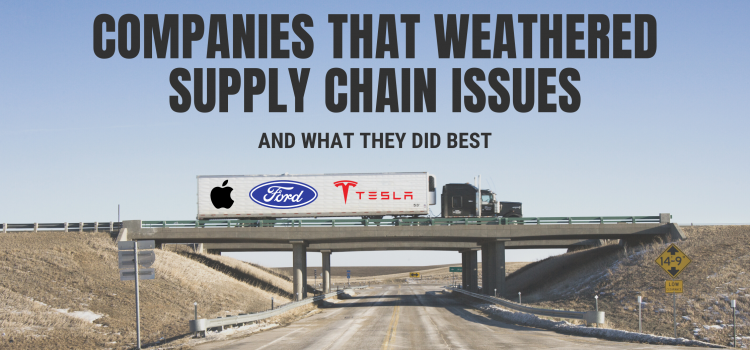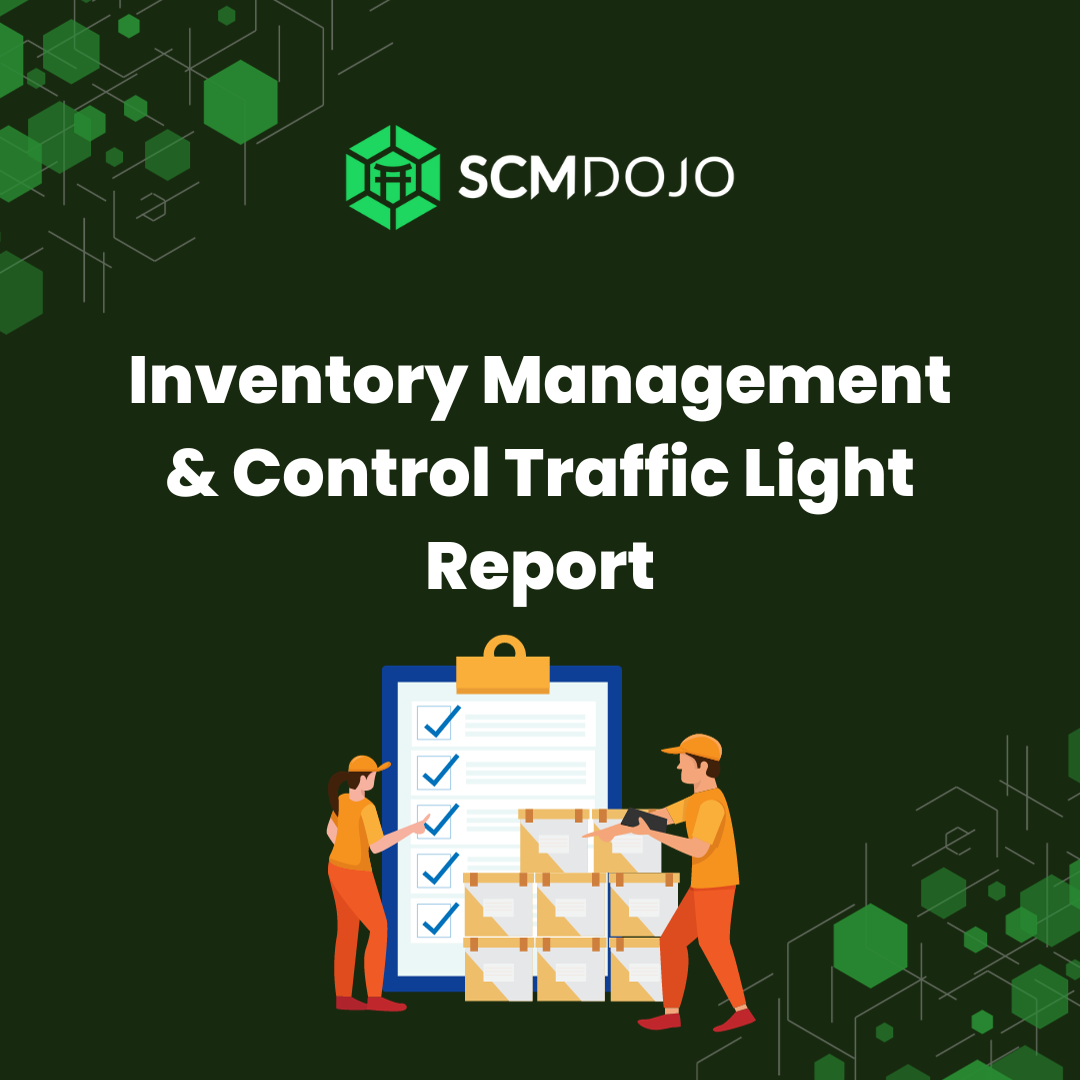The global supply chain issues has caused a damaging ripple effect extending to every shore on the planet. Traditional methods of manufacturing and moving goods have become less reliable, and in particular companies that have prioritized lower costs from overseas hubs have struggled mightily. The companies that were wise enough to see the calamity coming, however, made the necessary changes to avoid catastrophe.
Here are some companies that weathered supply chain issues, and what they did to succeed.
1. Apple
The tech industry took the biggest hit given the much-publicized global chip shortage. Every electronic gadget, from cars to smartphones, need microchips to operate. On this subject, our previous article ‘Understanding the Global Chip Shortage’ discussed how the crisis revealed weaknesses in the global supply chain.
Despite these international issues however, Apple avoided some of the difficulties that plagued its competitors. The brand’s sales skyrocketed during the Christmas 2021 shopping season, with its flagship iPhone 13 reaching record sales of $123.9 billion (£92.6 billion) from October to December 2021. With the new product release, Apple shares rose by more than 4%, thus defying the trends brought about by the pandemic.
It seems in this case that the sheer popularity (and marketing) of a top product from one of the world’s most influential consumer electronics companies was, at least in part, enough to overcome a once-in-a-generation challenge.
2. Tesla
Electric vehicles employ up to 3,000 microchips apiece, ultimately making electric car manufacturers some of the largest buyers of microchips. Accordingly, these companies were affected by the global chip shortage and were in some cases forced to halt production lines. But this did not affect Elon Musk and his pioneering company. In fact, Tesla reached a record high in deliveries in 2021, boosting them by 87% and pushing shares up in the process.
In this case, navigating challenges was largely a product of having a legitimate visionary in charge of the company. For those who may know him primarily as a polarizing Twitter persona, it’s worth a reminder that Musk is one of the true innovators of our time. Per Ashlee Vance’s well-known profile on Elon Musk and Tesla, the electric vehicle pioneer has essentially followed sheer entrepreneurial know-how and scientific interest to reach a status as a “real-life Tony Stark” and the de facto leader of Tesa, SpaceX, and SolarCity. One could almost have predicted at the outset of the crisis that if anyone could find a way through, it would be him.
Accordingly, Musk avoided panic amidst the chip shortage largely by way of how he set up his company in the first place. Because it designs its own circuit boards, Tesla was able to adapt to the situation and rework computer codes to accommodate alternative chips. This helped he company to get around what would have been a supply crisis that could have all but halted the production line. It’s yet another remarkable triumph under Musk’s belt.
3. Ford and GM
Two of the biggest U.S. car manufacturers, Ford and GM, have also felt the effects of the supply chain crisis. To skilfully maneuver around the chip shortage however, they are making plans to set up partnerships to get into the semiconductor business with each other. The Wall Street Journal points out that Ford has already outlined a strategic agreement with GlobalFoundries Inc. to develop semiconductor chips.
Evidently, even the giants of industry know the importance of alliances during hard times.
The supply chain crisis affected every company across the globe, especially in the tech industry. As is always the case though, survival in the market depends on a company’s ability to adapt to the trends and find solutions to current problems. The companies discussed above did not just survive, but found ways to thrive and even grow during he crisis. In various ways, they serve as examples of how a global crisis affecting different industries should be tackled.
About the Author- Dr Muddassir Ahmed
Dr MuddassirAhmed is the Founder & CEO of SCMDOJO. He is a global speaker, vlogger and supply chain industry expert with 17 years of experience in the Manufacturing Industry in the UK, Europe, the Middle East and South East Asia in various Supply Chain leadership roles. Dr. Muddassir has received a PhD in Management Science from Lancaster University Management School. Muddassir is a Six Sigma black belt and founded the leading supply chain platform SCMDOJO to enable supply chain professionals and teams to thrive by providing best-in-class knowledge content, tools and access to experts.
You can follow him on LinkedIn, Facebook, Twitter or Instagram







